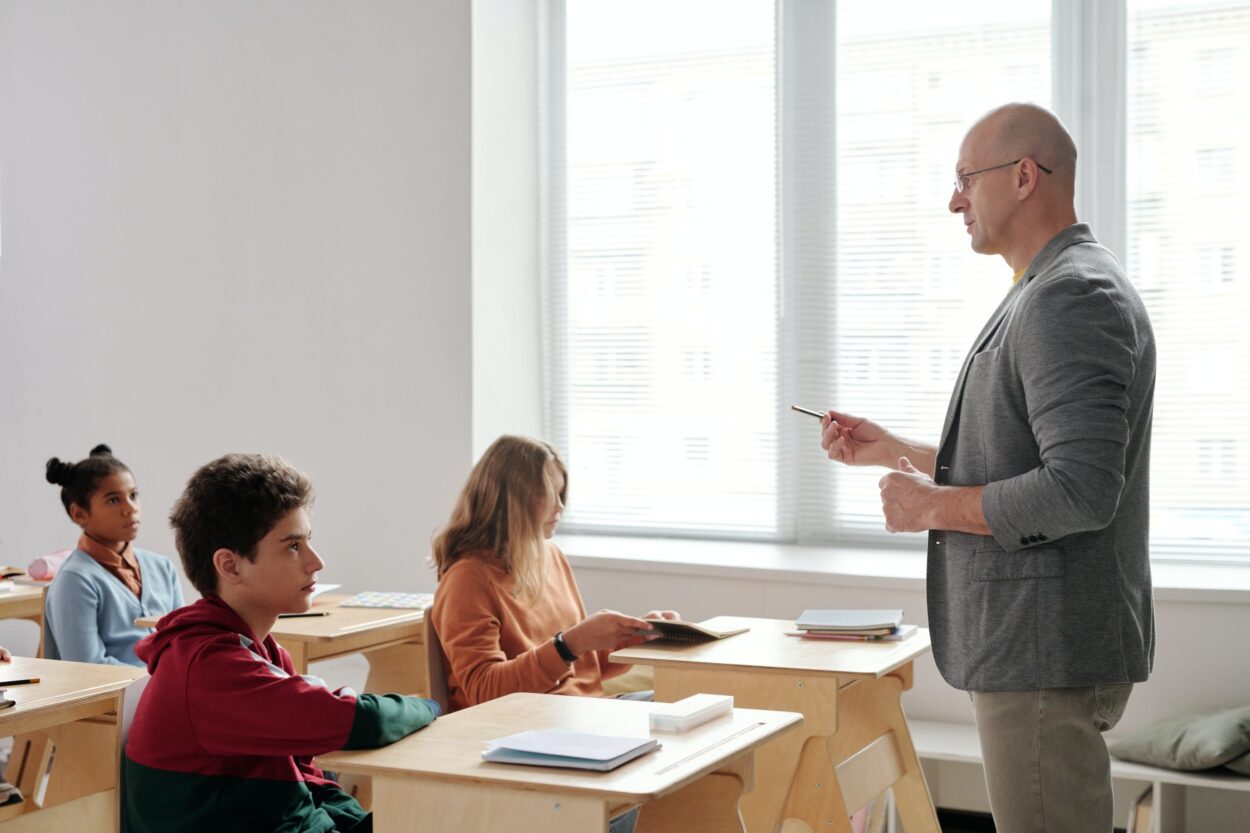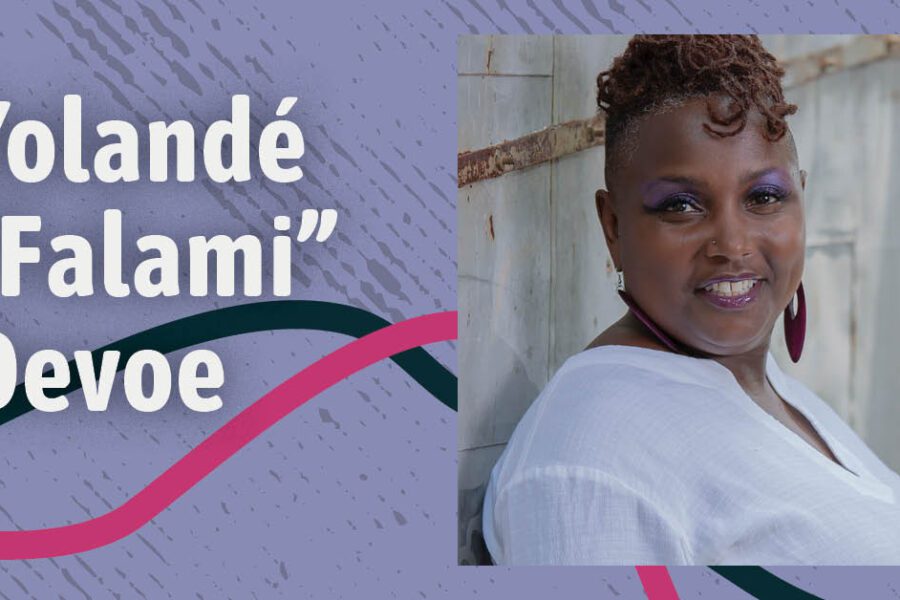When Captain Picard from the Star Trek television franchise said, “engage” we all knew what he meant; move this ship forward to create change. Today we are in an interesting time when engagement might have different meanings. We have to stay at home and engage with our social community mostly online. Our children are divorced from their friends and are being asked to “engage” in very different ways. As parents we are learning new ways as well.
At the same time as the virus has created distance, we are also in the midst of a presidential election and the census, two very significant civic events. How can we take advantage of these events to engage ourselves and our youngsters in what Supreme Court Justice Sandra Day O’Connor called a lack of civic engagement? When she left office she began an organization called iCivics to provide support for making a change. She said, “If parents instill a sense of civic-mindedness—and there is no better way to do that than by example—their children will probably follow.”
Where can we begin? David Egger’s new book, What Can a Citizen Do? provides a wealth of ideas for our children. We can write a letter, we can read about the government, we can do something for someone else and we can listen to School House Rock. Each of these ideas can bring the notion of civic responsibility closer to reality particularly in a time when an engaged population working together is so vital. Everything we do can make an impact.
Civic understanding requires a level of inquiry and curiosity. Creating a space for our young people to ask questions, to explore their ideas, to challenge the status quo, and muck around with uncomfortable ideas are ways to start a civic query.
But we are not alone in trying to figure this out. Many organizations stand ready with ideas and free tools to help. They include Rethinking Schools, Teaching Tolerance, Kidcitizen, and What Kids Can Do.
The students at Parkland high school had civics education classes and as the realization hit that they could do something about gun control they came together and sang this song:
You’re not going to knock us down
We’ll get back up again
You may have hurt us but I promise we are stronger and
We’re not going to let you win
We’re putting up a fight
You may have brought the dark
But together we will shine a light
Together we can make a difference in the world and what better time than now?
Dr. J. Cynthia McDermott is Chair and Regional Director of the Education Department at Antioch University Los Angeles and Santa Barbara.
This article originally appeared in the Culver City Observer.




